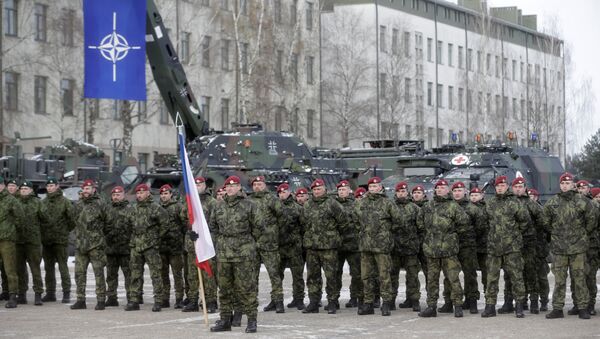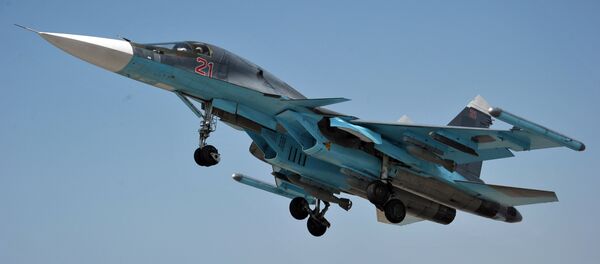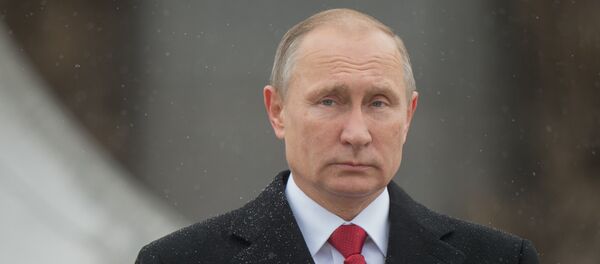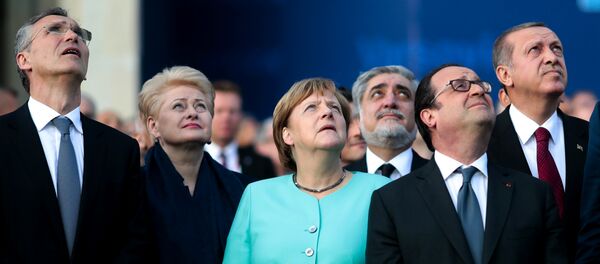Gallup's polling, compiling the attitudes toward NATO in over two dozen Eastern European countries, were based on telephone interviews conducted throughout 2016 of about 1,000 adults in each country, with the exception of Russia, where 2,000 adults were interviewed.
Ukraine's results are particularly interesting, given President Petro Poroshenko's musings last week that the country might hold a referendum on membership in the alliance sometime in the near future. The Ukrainian president claimed that according to his calculations, 54% of his fellow countrymen and women supported joining NATO. Gallup's figures show a very different trend.
According to the poll, only 29% of Ukrainians see the alliance as protection, with 35% considering it a threat and 26% choosing 'neither.' Gallup suggested that the ongoing civil war in eastern Ukraine, poor economic prospects and rising crime rates may be responsible for the decline in support for the alliance, which reached its peak in 2014 at 36%.
Outside the former USSR, a majority of Serbs (64%) and a plurality of Montenegrins (29%) also said that they see the alliance as more of a threat than protection, with only 6% of Serbs and 20% of Montenegrins feeling protected by NATO. Serbia's figures are understandable, given the North Atlantic Alliance's campaign of bombing against the country in 1999, which included the use of depleted uranium munitions.
The Montenegro results are also fascinating, given Podgorica's current reluctance to hold a referendum on membership in the alliance. The Balkan state was officially invited to join the alliance in 2015. In May 2016, the alliance signed a protocol on Podgorica's accession, and the alliance must now ratify the accession. Canada, Germany, the Netherlands, Spain and the United States have yet to do so.
On the other side, the Serbian breakaway region of Kosovo showed the highest support for NATO, with 90% viewing it as protection against just 3% which see it as a threat. A majority of Albanians (70%), Poles 62%, Lithuanians (57%), Estonians (52%) Croatians (52%) and Romanians (50%) also see the alliance as protection, according to the polling, with a plurality of respondents from eight other Eastern European countries also finding the alliance to be protection more than it is a threat.




